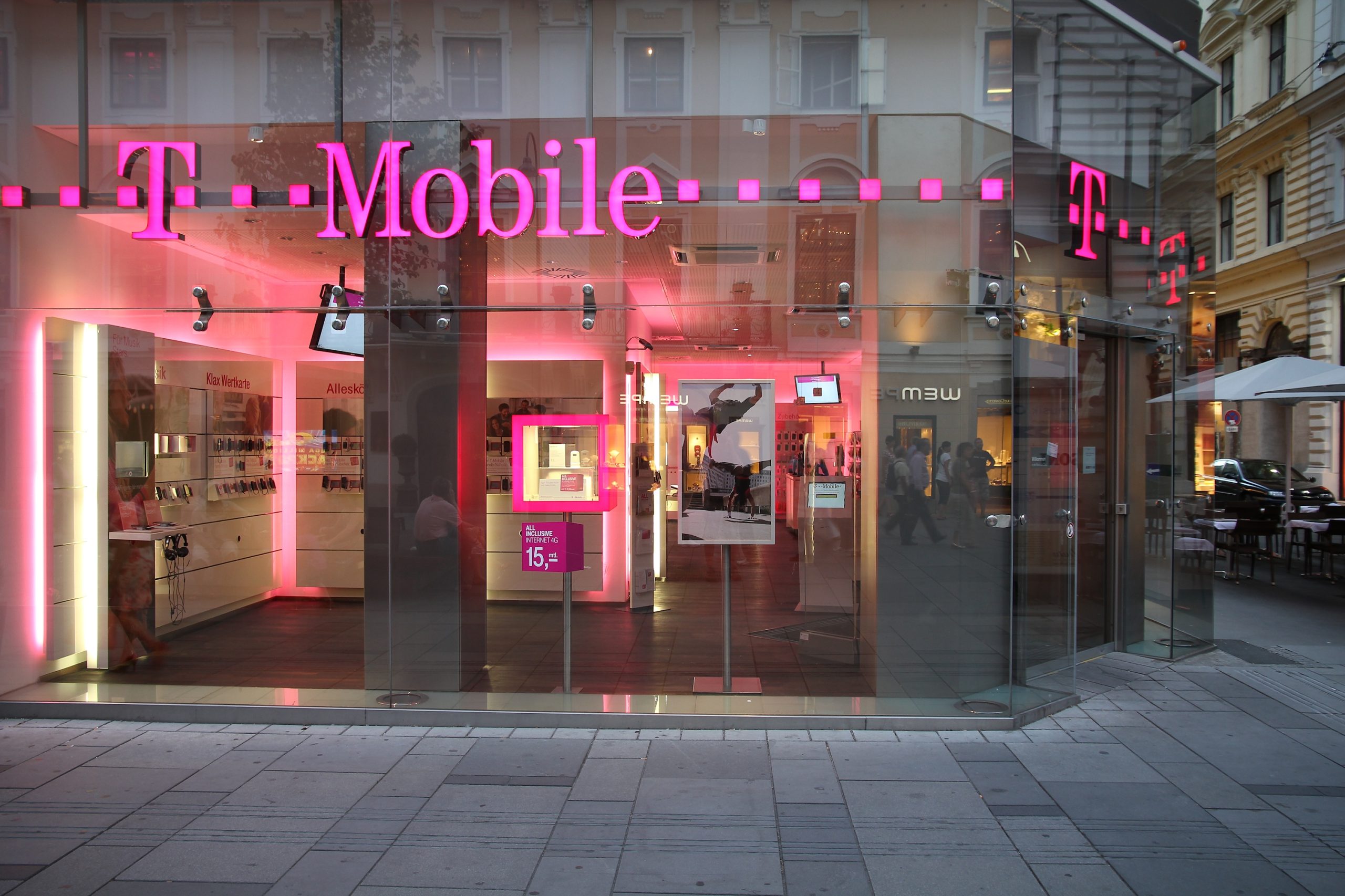When T-Mobile compromised the sensitive personal information of more than 76 million current, former, and prospective customers in 2021, plaintiffs involved in a class action lawsuit complained that the company continued profiting off their data while attempting to cover up “one of the largest and most consequential data breaches in US history.”
Now, T-Mobile has admitted no guilt but has agreed to pay a $500 million settlement (pending a judge’s approval), out of which $350 million will go to the settlement fund and “at least $150 million” will go toward enhancing its data security measures through 2023.
T-Mobile declined to tell Ars about specific upcoming plans to improve data security, instead linking to a statement that outlines measures it has taken to “double down” on security in the past year. That includes creating a Cybersecurity Transformation Office that directly reports to T-Mobile CEO Mike Sievert; collaborating with cybersecurity firms to “further transform our cybersecurity program;” ramping up employee cybersecurity training; and investing “hundreds of millions of dollars to enhance our current cybersecurity tools and capabilities.”
All T-Mobile customer payouts from the proposed settlement will be disbursed through an independent third-party settlement administrator. The agreement says that T-Mobile will have 10 days to send funds to the settlement administrator to start the process of notifying everybody who has been deemed eligible to file claims.
Right now, nobody knows exactly how big the individual payouts will be, because that figure will depend on the total number of complaints filed if the settlement is reached. T-Mobile says everyone whose data has been compromised has been notified already, while lawyers representing people suing T-Mobile have said it’s still possible that more victims will be identified. At least one law firm set up an email address to field questions from anyone concerned about missing out on the proposed settlement. In the proposed settlement agreement, T-Mobile also said that a toll-free number and website would be set up to answer all remaining questions.


 Loading comments...
Loading comments...
